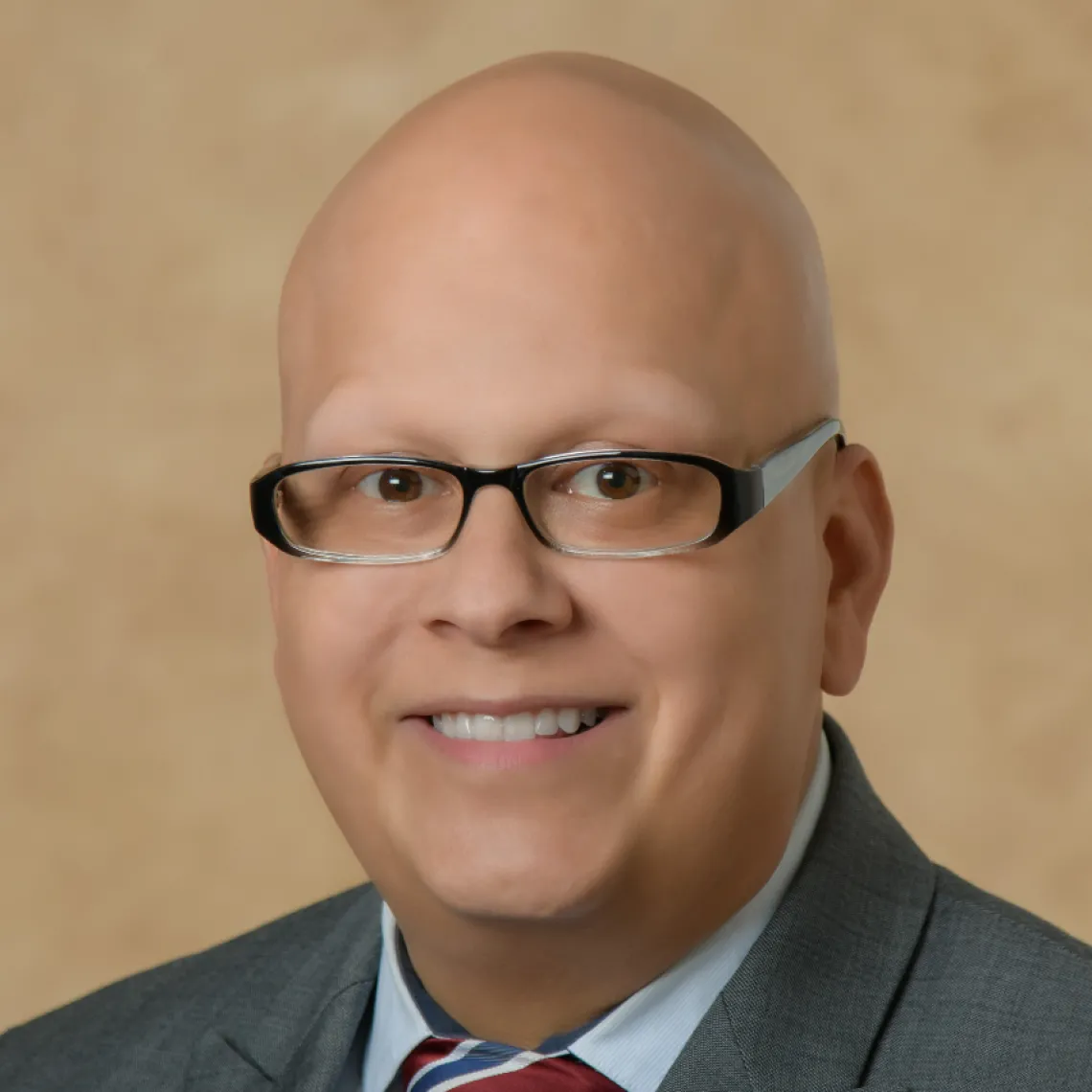Hispanic Heritage: Alejandro Vazquez

Alejandro Vazquez, PharmD
Clinical Assistant Professor, Pharmacy Practice
Vazquez is an assistant professor in the Department of Pharmacy Practice and Science. He completed a residency in ambulatory care and academia with the University of Florida College of Pharmacy and Gulf Coast Area Health Education Centers, where he also earned a teaching certificate. Previously, he managed chronic disease patients at Banner University Medical Center’s internal medicine clinic. Now, he practices ambulatory care at Phoenix Children’s Hospital, focusing on allergy, immunology, asthma, and endocrinology, and is developing clinical pharmacy services onsite. His interests include chronic disease management, particularly allergic rhinitis, immunology, asthma, bronchopulmonary dysplasia (BPD), and childhood diabetes, and serves as the faculty mentor for the National Hispanic Pharmacists Association (NHPA).
Let's Get To Know Dr. Vazquez
What drew you to work at an academic institution?
- I’ve always been interested in teaching, both in pharmacy practice and in the classroom. My specialty of Ambulatory Care requires a lot of patient education, which is something I enjoyed going through pharmacy school. When I was looking for residencies, at the time, it was most common to be linked to an academic institution through residency. Once I was in my residency, I knew I made the right choice.
What’s your favorite Wildcat activity?
- It has been a lot of fun watching the Wildcat football team the last few seasons. I do enjoy college football and hope to get to a game in Tucson.
If you could switch roles with anyone else at the institution for a day, who would it be and why?
- I have always been envious of Dr. Mike Katz and how he gets to travel the world, meeting students abroad as well as educating our PharmCats about pharmacy around the world. I think that would be a pretty sweet gig.
How would you describe your role to someone unfamiliar with your work?
- I provide chronic disease management for patients. My job is, once a patient is diagnosed with a chronic disease that is managed through medication, to help educate that patient about their disease, start, stop, and adjust medication doses, manage side effects, and ensure progress toward disease goals. I like to say that if I do my job right, when they see their prescriber for follow-up, their disease state should be improving and the prescriber should not need to inquire much about it at their visits.
What do you believe is the key to fostering a positive work environment on campus?
- Understanding the mission of the college. We provide high-quality education to future pharmacists and need to be able to do so in a way that is received well by our students. We are here for the students and all decisions should be in their (and the profession’s) best interests.


